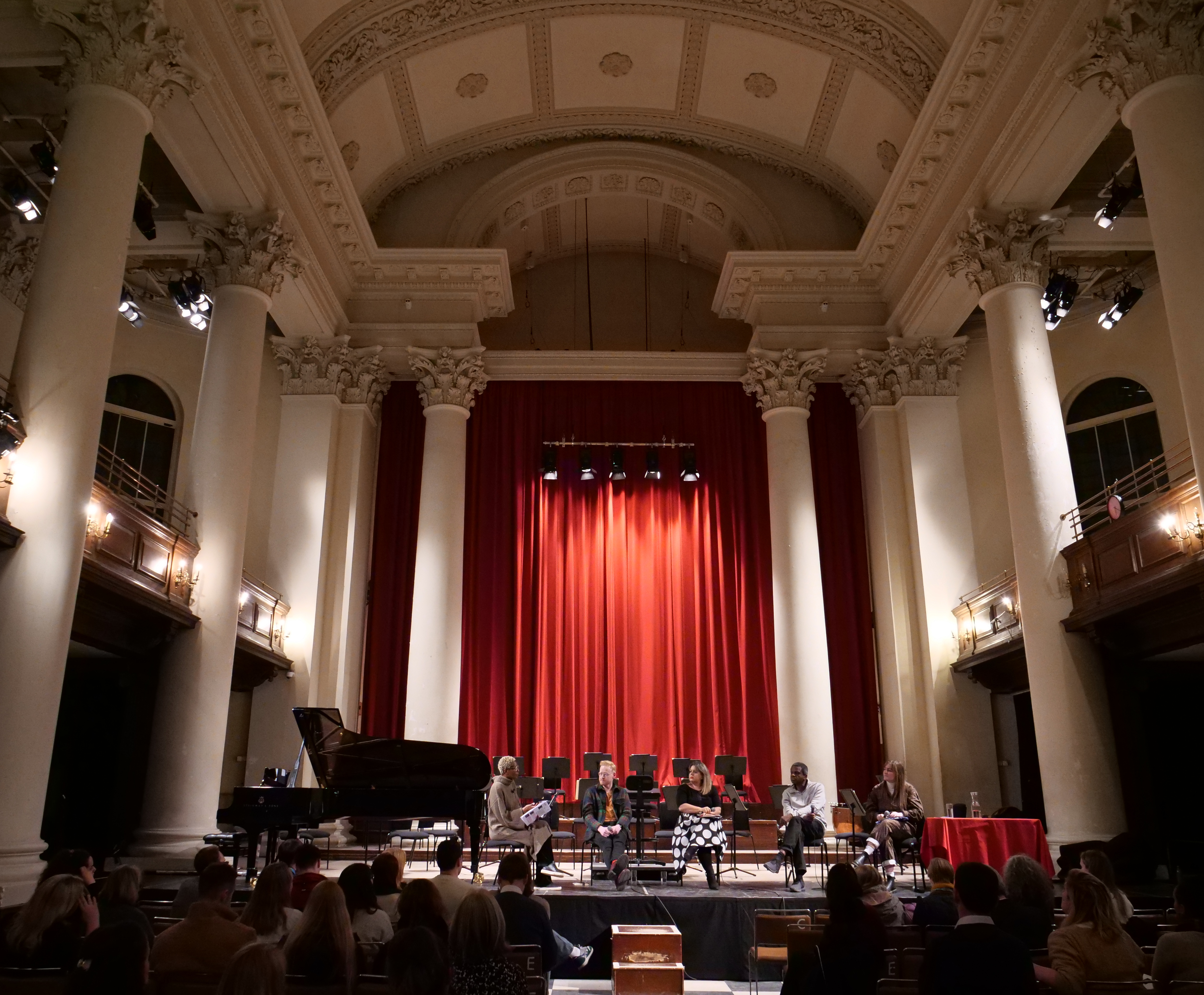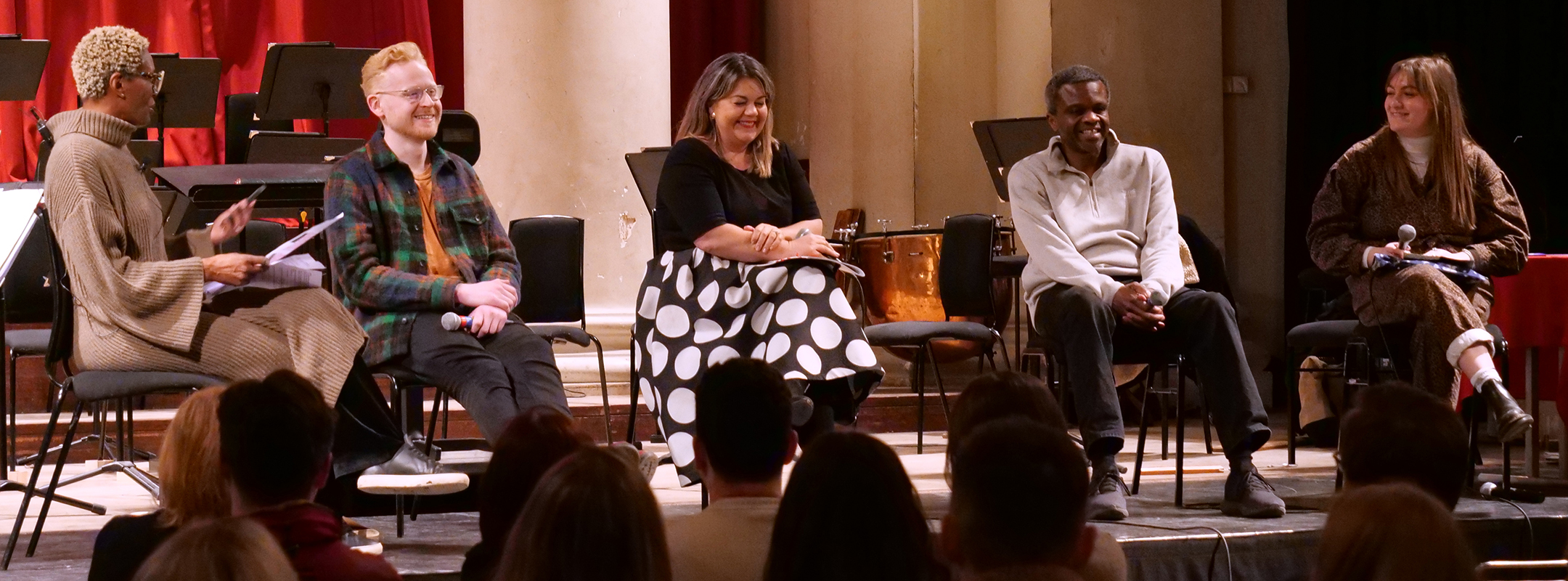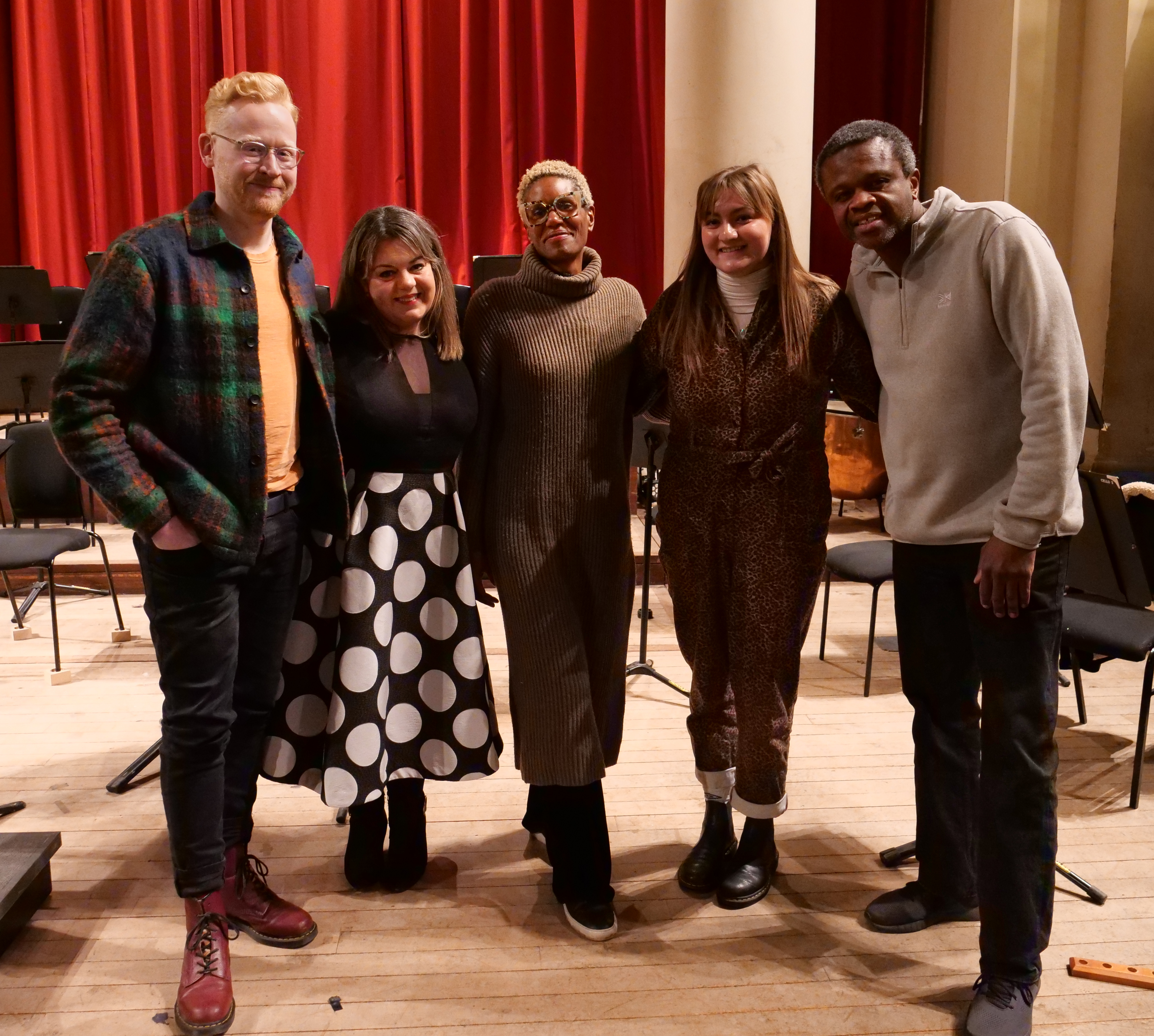To address the importance of diverse, inclusive programming, Southbank Sinfonia at St John's Smith Square held a targeted conversation on 24 January 2023 with a panel of experts: Roger Wilson (Black Lives in Music), Gabriella Di Laccio (Donne, Women in Music), Lloyd Coleman (Paraorchestra), Millie Lihoreau (Southbank Sinfonia musician), and Amanda Parker. This article outlines the key points highlighted in the discussion.
The power of music. It’s known as a ‘universal language’ capable of bringing communities together and developing inter-cultural dialogue and understanding.
The word ‘language’ implies a platform in which different voices are heard and represented. Yet despite the universality of music, can we argue that classical music, and particularly our programming choices, are representative of the diverse society in which we live? Are we doing enough to provide an inclusive platform that challenges discrimination and champions equality?
Delving into these questions, and more, here are some of the key points highlighted in our Diverse Programming Panel Talk:
We are both the barrier AND solution to change
In their annual ‘Equality & Diversity in Global Repertoire Report’ for 2021/22,
Donne – Women in Music recorded that, of over 20,400 compositions performed by 111 orchestras globally last year, 92.3% of the pieces were composed by men (87.7% by white men), and only 7.7% written by women. The rate of change for better equality and diversity in the music industry is slow.
Yet there is a solution to this issue, and that’s all of us. Our collective responsibility to raise awareness, have targeted conversations, and make informed decisions when programming concerts was emphasised during the panel talk. Our concert halls need to be welcoming places to enjoy the power of music, irrespective of gender, race, or class. This needs to be at the forefront of our minds if we want to generate faster change.
Change is both a top-down and bottom-up approach
You may be reading this post as someone working in music education/ a musician/ a programmer/ a student etc… We can all be activists for change. Whether it be a bottom-up, grass roots approach, raising awareness and initiating change on a local level, or a top-down approach from those in leadership positions, we all have a collective responsibility to ensure the concert platform is a place where everyone feels they belong. As the 2021/22 Donne – Women in Music report states, we must allow inclusivity to ‘permeate through the layers: the artists we see on stage, the repertoire presented in concerts and in our educational syllabuses, the personnel leading organisations and the audiences we are trying to reach.’
Take music outside of the concert hall
To guarantee the survival of live classical music, we need to constantly be engaging new audiences. Lloyd Coleman (Paraorchestra) highlighted how we need to take music outside of the concert hall, into places it hasn’t been before, to directly connect and reveal its power to those who may not have had access.
And if you work for a concert venue, ensure it is as accessible as possible. Connecting disabled people with music and live event industries, ‘Attitude is Everything’ is a charity dedicated to improving access and the perception of those living with disabilities, generating real, lasting change. Read more about it
here.
Utilise the power of social media
A platform for raising awareness of the issues discussed, social media can be a catalyst for change. By allowing audiences, organisations, and people to connect, together we can amplify the rate of inclusive progression across the music industry.



